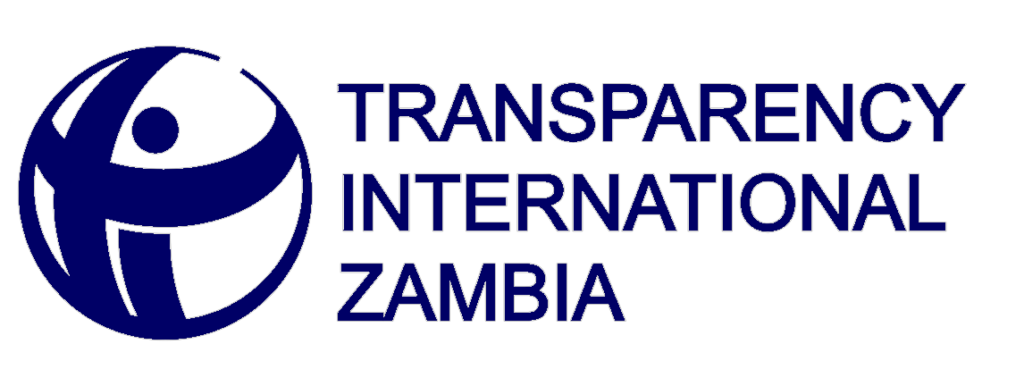Transparency International Zambia Evaluates UPND’s Performance on Anti-Corruption and Governance in First Two Years
Transparency International Zambia (TI-Z) has conducted an analysis of the United Party for National Development (UPND) administration’s performance in the areas of anti-corruption and good governance during the first two years of its mandate. The assessment, based on the party’s 2021-2026 Manifesto, evaluates the UPND’s progress in fulfilling its promises to combat corruption, enhance transparency, and uphold the rule of law.
Background and Objectives
The UPND assumed power following a commitment to address corruption and restore good governance after a period of economic decline and governance challenges under the previous administration. The analysis aims to assess the administration’s accomplishments and challenges in the areas of anti-corruption efforts and overall governance, offering recommendations for the remaining three years of the UPND’s term.
Methodology
The evaluation utilized the UPND’s manifesto and objectives related to corruption, rule of law, and economic management as the basis for assessment. TI-Z employed a three-point scale to rate performance—low, moderate, and high—based on progress made across different measures. Government documents, including the Eighth National Development Plan (8NDP) 2022-2026, annual progress reports, and national budgets, were reviewed, along with credible media reports.
Analysis of Anti-Corruption Measures
TI-Z analyzed specific commitments made by the UPND in their manifesto regarding anti-corruption measures. Notable observations include:
- Strengthening the Anti-Corruption Commission: The administration demonstrated political will, but progress was hindered by delayed anti-corruption policy and an unfavorable legal framework. The prompt appointment of a Director General and increased budget allocations were noted. However, limited geographical coverage and challenges in autonomy were identified.
- Measures to Combat Corruption: TI-Z assessed the administration’s performance against seven specific commitments. While some progress was made, challenges remain. Efforts to establish fast-track anti-corruption courts are ongoing, but the lack of regulations and designated buildings delays its effectiveness. Other measures like lifestyle audits and unexplained wealth orders had varying outcomes.
Analysis of General Governance Measures
The UPND’s general governance commitments were also evaluated, including upholding the rule of law, security, and economic management. Positive steps were taken to restore law and order and enhance economic management through debt restructuring.
Recommendations
Based on the analysis, TI-Z recommends a comprehensive approach to address shortcomings, including domesticating the United Nations Convention Against Corruption (UNCAC), enhancing the Anti-Corruption Commission’s autonomy, expediting the National Anti-Corruption Policy, and streamlining asset declarations and lifestyle audits.
While the UPND administration has made progress in certain areas, the analysis underscores the need for continuous efforts to fulfill its campaign promises and ensure transparency, accountability, and effective anti-corruption measures for the betterment of Zambia’s governance landscape.



